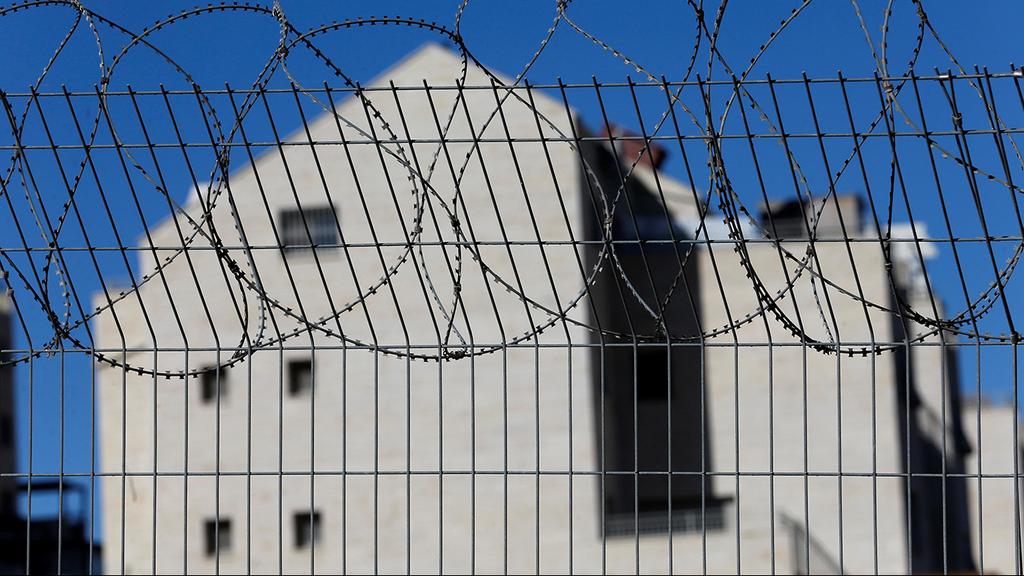U.S. President Donald Trump's peace plan will be presented to the Israeli government in the weekly cabinet meeting on Sunday, though a vote on the expansion of Israeli jurisdiction over West Bank settlements is not expected until a later date.
Settlements have so far been under the civil administration of the IDF and have not been officially defined as part of the State of Israel.
If the government does decide to extend its jurisdiction to include the settlements, a move that will likely have far-reaching security implications, what changes could the hundreds of thousands of Jewish settlers expect?
Currently and until the government decides to apply Israeli jurisdiction, all real estate transactions in the West Bank are registered in the Jordanian Land Registration that had been installed prior to the 1967 Six-Day War.
Homeowners were often rejected for mortgage loans by Israeli banks who saw a risk in financing homes that may someday be lost if a territorial compromise would have required the area to be evacuated.
The banks also saw a danger in financial backing to homes that were situated on private Palestinian land that could have been subject to legal mitigation and ultimately returned to its original owners.
Once these settlements come under Israeli sovereignty, land registrations would be conducted in the same manner that all other property is registered in Israel, and loans and mortgages could no longer be denied on these grounds.
Under the current military administration, any license - be it a building permit, a license to open a new business or the purchase of a home - must be done in coordination with army administrators in the area.
Israeli sovereignty would require the same licensing laws and regulations to apply for West Bank settlers as well.
While the civil and military administration is sovereign in the West Bank, any laws legislated by Knesset must be adjusted to the regulations enforced in the West Bank and must be signed off by senior IDF officials in the area before coming into effect.
A government decision to apply Israeli law to the settlements will negate the need for the civil administration altogether. All residents of the West Bank will then have the same civil and legal standing in the eyes of the government as any other Israeli citizen.
Government ministries will be required to open branches in the West Bank, to accommodate the 500,000 or so Jewish residents of the area.
There will no longer be any need to obtain approval from senior political officials before undertaking new construction or infrastructure projects.
The current distribution of courts throughout the country will have to be changed to include the new territories that will be added to the sovereign State of Israel.
Attorney General Avichai Mandelblit struck a note of caution Tuesday, saying his job is to assist the government in carrying out its policies but there must a transitional government must show restraint on its side.
The main legal problem facing such a drastic move stems from the fact that interim governments, such as the one currently installed in Israel, don’t normally have the right to make impactful decisions that will affect future administrations.
According to Mandelblit, requests made by the current administration are approved 99% of the time.
"If the request is not approved for some reason, the exception becomes the rule. We need to remember that in the end, we’re a nation governed by laws."





